Unlocking Home Equity
Unlocking Home Equity: Reverse Mortgages for High-Value Homes

For many older homeowners, a significant portion of their wealth is tied up in home equity rather than in liquid savings. According to available data, around half of homeowners aged 62 and older have at least 55% of their net worth concentrated in their home equity. This means that while they may own valuable real estate, they might struggle with cash flow to cover daily expenses, medical costs, and other financial needs in retirement.
Recent Housing Studies: reports that homeowners aged 62 and older collectively hold approximately $14 trillion in home equity wealth, a substantial increase from $9.2 trillion just a few years ago. With home values rising, many retirees find themselves asset-rich but cash-poor, making it essential to explore options for unlocking this equity without selling their homes.
Case Study: Maximizing Home Equity While Avoiding Capital Gains Taxes
One of our clients, an 83-year-old man, faced a financial challenge despite having a net worth of $6.2 million. He is divorced, in poor health, and owns a $6 million home with a remaining mortgage of $1.9 million. His monthly mortgage payment is $9,000, creating a significant financial burden.
Exploring the Options:
Option 1: Sell the Home
Selling the home would have triggered capital gains taxes on approximately $3.5 million, as the cost basis of the property was $2.5 million. While this option would have provided liquidity, it also meant giving up the home and incurring substantial capital gains tax liabilities.
Option 2: Access Home Equity
Instead of selling, the homeowner opted to apply for Jumbo
Reverse
Mortgage
to
access his home equity. He was approved for a loan of $2.4 million at 7% interest, which he used to:
- Pay off the $1.9 million mortgage, eliminating the $9,000 monthly payment.
- Receive $600,000 in tax-free funds to cover living expenses and healthcare needs.
- Postpone using taxable assets to supplement income.
Since his heir’s intent is to sell property after his demise, the fact they would inherit his home and other assets on a step-up in basis, eliminating capital gains taxes is a perfect outcome for them. The accrued interest paid at sale can be used to offset other tax issues of the decedent.
The Benefits of a Reverse Mortgage for High-Net-Worth Individuals
This case highlights several key benefits of using a reverse mortgage as a financial planning tool for retirees with significant home equity:
- Eliminating Monthly Mortgage Payments: Freeing up cash flow for daily expenses, healthcare, or other needs.
- Tax-Free Proceeds: Unlike selling the home, a reverse mortgage provides tax-free funds to the homeowner.
- Access to Cash: for use as a hedge in down markets
- Preserving Homeownership: The homeowner can continue living in their home without the burden of monthly mortgage payments. He must pay real estate taxes and homeowners’ insurance and maintain the property.
- Estate Planning Advantage: Heirs can inherit the home with a step-up in basis, reducing or eliminating future capital gains taxes upon sale.
For retirees with substantial home equity, a reverse mortgage loan can be a strategic solution to improve cash flow and secure financial stability without selling their home. This approach can be particularly beneficial for those looking to preserve their estate for their heirs while still accessing the wealth they’ve built over a lifetime.
If your clients are exploring options to unlock home equity for a more comfortable retirement, consider the benefits of a reverse mortgage as part of a comprehensive financial plan.



